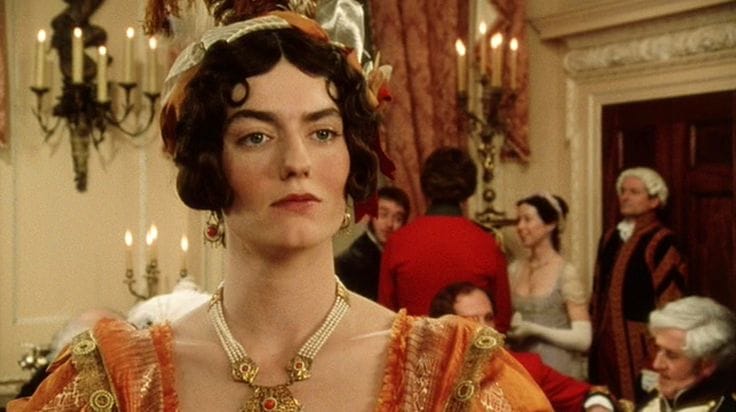Caroline Bingley: Matchmaker

I don't think Fitzwilliam Darcy would have fallen in love with Elizabeth Bennett if it wasn't for Caroline Bingley. So there.
Have you heard the pop-psychology story about Ben Franklin and the rare book? Franklin argued that people will be more inclined to like you if they've done you a favour – more so than if you've done something for them. Your brain recognises that you've done something nice for someone, you wouldn't do something nice for someone you didn't like, ergo you like the person.
When he wanted to get a particular rival on side, he asked to borrow a rare book, and expressed his gratitude. From that point on the rival was extremely ready to help Franklin and the two formed a friendship that lasted the rest of their lives.
It's a similar concept to this: my family moved a lot when I was a teenager, and a vet told us that we should put butter on our cat's paws when we were in a new house. Cats don't groom unless they feel safe so forcing her to groom would fast track her being comfortable in the new environment.
Or, if you've ever been told to lower your shoulders when you feel stressed. Your brain registers that as a relaxed position, so you begin to feel more relaxed.
A small study seems to confirm Ben Franklin's theory. Participants were put in a contest with a cash prize. After the prize was given out the test group was asked by the organiser to return it, with the claim that he'd put forward his own money and was now short, while the control group were allowed to keep their money. The participants were then surveyed on how they felt about the organiser, and those in the test group were more likely to rate him highly.
The nicer you are to someone, the more you like them, and this is Darcy's downfall. Or salvation. Either way.
